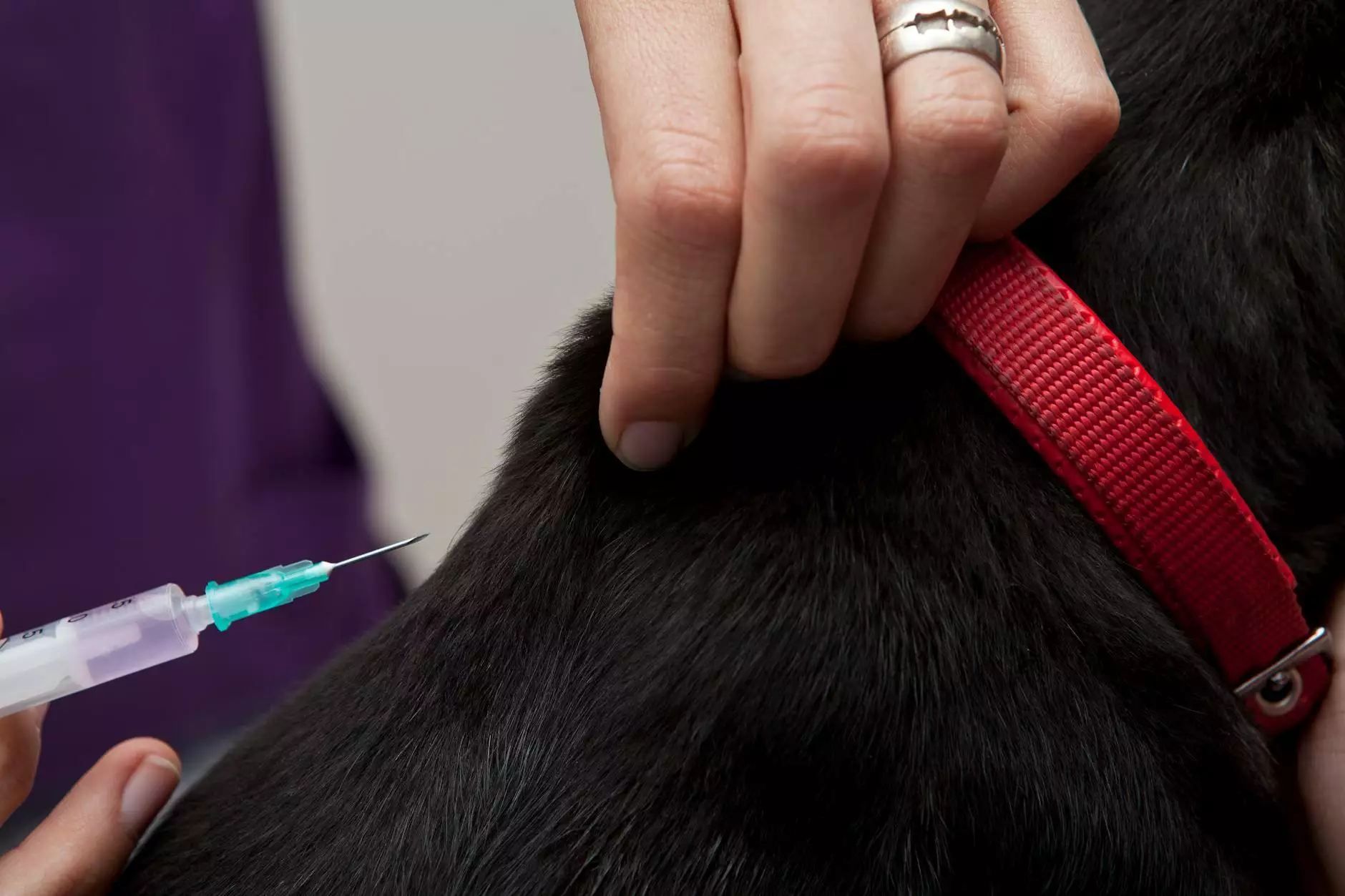The Significance of Oil Coolers in Diesel Engines

The diesel engine is a powerhouse of performance, providing the necessary torque and reliability for a variety of applications, from heavy machinery to transportation. However, like all machines, it needs proper care to function optimally. One critical component that often goes unnoticed is the oil cooler in diesel engines. This article explores the essential role of oil coolers, their benefits, and how to select the right one for your needs.
What is an Oil Cooler?
An oil cooler serves the crucial purpose of regulating the temperature of the engine oil in diesel engines. By dissipating excess heat, it helps maintain the oil within an optimal temperature range, promoting efficient engine operation and prolonging the engine's lifespan.
How Oil Coolers Work
To understand the functionality of oil coolers, it's important to grasp the dynamics of engine oil circulation. During engine operation, the oil becomes heated as it lubricates engine components. This heat needs to be dissipated efficiently to prevent damage.
- Heat Exchange: Oil coolers utilize a heat exchanger design where engine oil passes through a series of tubes or fins. A coolant, typically water, flows in the opposite direction, absorbing heat from the oil.
- Temperature Control: The robust design of the oil cooler ensures rapid heat transfer while maintaining a stable oil temperature, optimizing viscosity and enhancing lubrication properties.
The Benefits of Using an Oil Cooler in Diesel Engines
Choosing the right oil cooler for your diesel engine offers numerous advantages:
- Improved Engine Life: By keeping oil temperatures stable, the oil cooler reduces wear and tear on engine components, significantly extending the engine's lifespan.
- Enhanced Performance: With cooler oil, the engine operates more efficiently, improving fuel economy and overall performance.
- Reduced Oil Degradation: Excessive heat can lead to oil breakdown, resulting in sludge and deposits that can clog engine parts. Maintaining optimal temperatures helps prevent this issue.
- Better Fuel Efficiency: Proper oil cooling allows for smoother engine operation, which can lead to improved fuel economy—a crucial factor for heavy-duty applications.
Types of Oil Coolers for Diesel Engines
When selecting an oil cooler, understanding the different types available is essential:
- Air-Cooled Oil Coolers: These are passive devices that use ambient air to dissipate heat. They are less complex and often found in smaller diesel engines.
- Liquid-Cooled Oil Coolers: These use engine coolant to transfer heat away from the engine oil. They are common in larger engines where heat management is critical.
- Remote Oil Coolers: Installed separately from the engine, these units can be either air or liquid-cooled, providing flexibility in installation and efficiency.
Choosing the Right Oil Cooler for Your Diesel Engine
Selecting the appropriate oil cooler involves considering several factors:
- Engine Size and Type: Larger diesel engines may require more robust oil cooling solutions. Evaluate the specifications of your engine to determine needs.
- Operating Conditions: Consider the environment in which the engine operates. High ambient temperatures may necessitate a more efficient cooling solution.
- Flow Rate: Ensure that the oil cooler can support the required oil flow rate for your diesel engine. Consult manufacturer specifications for accurate measurements.
- Space Constraints: Measure available space for installation to ensure that the selected oil cooler will fit properly while providing efficient cooling.
Installation and Maintenance of Oil Coolers
Proper installation and maintenance of oil coolers are vital for optimal performance:
Installation Tips:
- Follow Manufacturer Guidelines: Always refer to the manufacturer's installation instructions to ensure proper fitting and alignment.
- Use Quality Sealants and Gaskets: To prevent leaks, use high-quality products designed for oil applications.
- Monitor Oil Flow: After installation, check for smooth oil flow rates. Any inconsistencies may require adjustments.
Maintenance Practices:
- Regular Inspections: Periodically inspect the oil cooler for any signs of damage, such as leaks or corrosion.
- Cleanliness: Keep the oil cooler clean from debris. Over time, dirt and grime can hinder performance, leading to overheating.
- Check Connections: Ensure that all connections remain secure, as loose fittings can lead to oil leaks and pressure issues.
The Future of Oil Cooling Technology in Diesel Engines
As technologies advance, the future of oil coolers looks promising. Innovations in materials and designs aim to enhance heat transfer efficiency further. Newer products focus on sustainability, offering eco-friendly solutions that reduce waste and promote fuel efficiency.
Conclusion
The oil cooler diesel engine is an indispensable component that significantly impacts engine performance, efficiency, and longevity. By understanding its importance, benefits, types, and the proper ways to select and maintain an oil cooler, you can ensure that your diesel engine operates at its best. At client-diesel.com, we provide a wide range of high-quality diesel engine parts and OEM-compliant spare parts to suit your needs.
Frequently Asked Questions (FAQs)
1. How often should I check my oil cooler?
It’s recommended to check your oil cooler during regular maintenance intervals or at least every 6 months for any signs of wear and leaks.
2. Can I clean my oil cooler?
Yes, regular cleaning can help maintain optimal performance. Using a solvent designed for cooling systems can help remove built-up debris and contaminants.
3. What signs indicate my oil cooler might be failing?
Common signs include engine overheating, oil leaking from the cooler, and reduced engine performance. If you experience these, it’s essential to have your oil cooler inspected immediately.
4. Is it possible to upgrade my oil cooler?
Yes, many diesel engine owners upgrade to higher efficiency oil coolers to improve performance and longevity, especially in high-demand applications.
5. Why is an oil cooler essential for turbocharged diesel engines?
Turbocharged diesel engines generate more heat, making effective oil cooling critical to prevent overheating and maintain efficiency.
In conclusion, investing in a quality oil cooler is crucial in maintaining the performance and longevity of your diesel engine. Make informed choices and keep your engine running smoothly with the right components. Visit client-diesel.com for all your diesel engine part needs.









